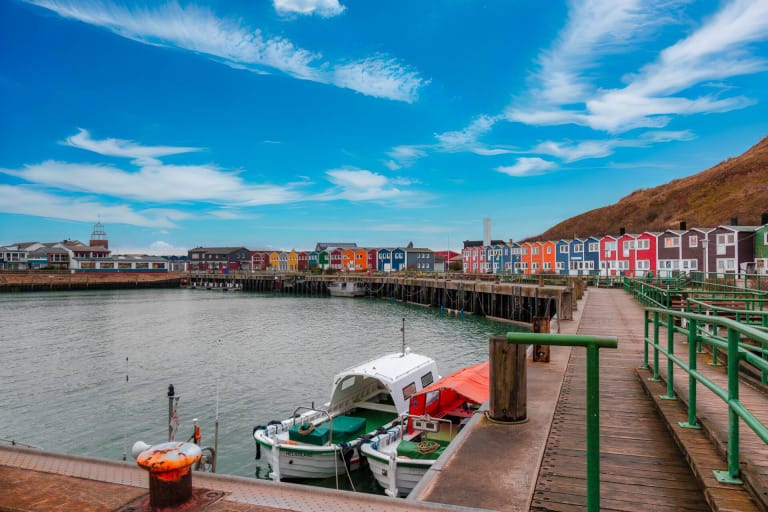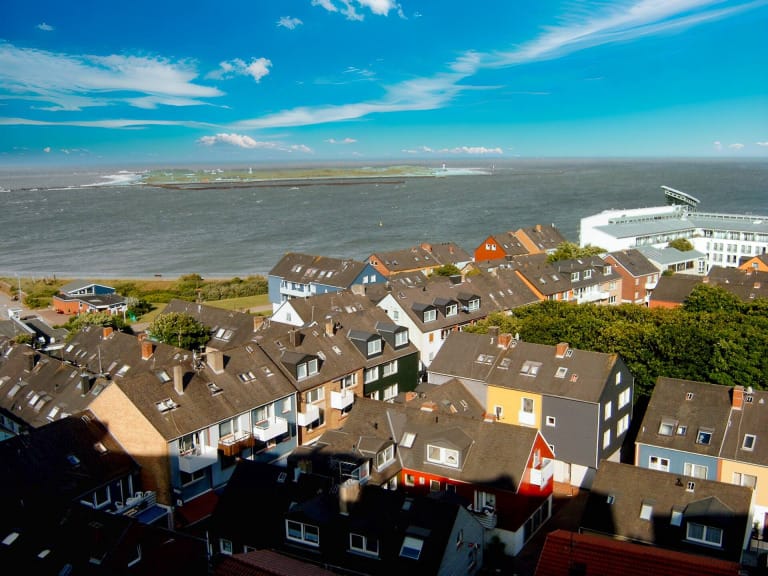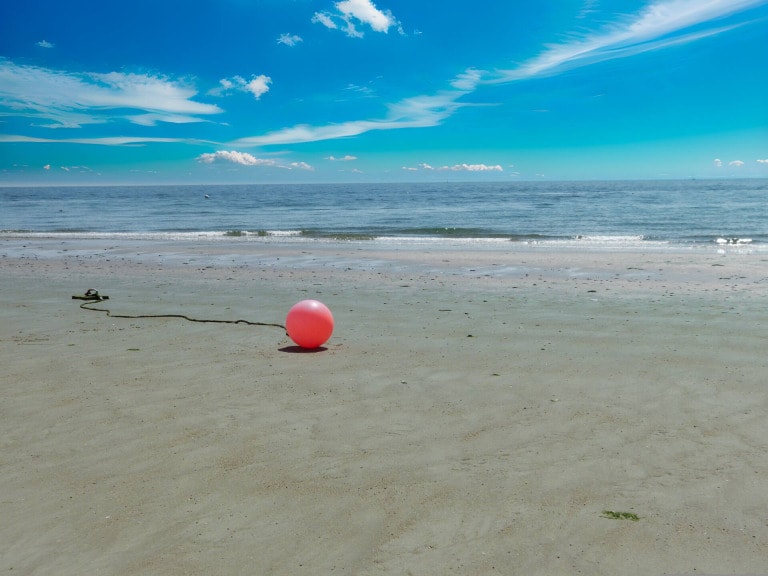Since 1962, the roadstead of Heligoland Water samples taken. These samples have provided valuable information about the changing climatic conditions in the North Sea supplied. Scientists of the Biological Institute Heligoland have studied oceanic and atmospheric conditions in the region, including temperature, salinity and nutrient levels.
On the Heligoland Reede there is a variety of marine life, including plankton, fish and mammals such as seals and whales. The area is also home to a variety of seabirds such as gulls, guillemots and cormorants. It is an important breeding area for many of these species and is under German law.
The water sampling program on the Helgoland roadstead has allowed researchers to track changes in the marine ecosystem over time. One important finding is the influence of humans on the North Sea. Changes in water temperature and nutrient levels have been linked to agricultural and industrial pollution. This has led to changes in the distribution of marine life and the appearance of harmful algal blooms.
In addition to its scientific importance, the Helgoland Reede is also a popular destination for tourists. Visitors can take boat tours to observe the unique marine fauna and flora and learn about ongoing research at the Biological Institute Helgoland.





